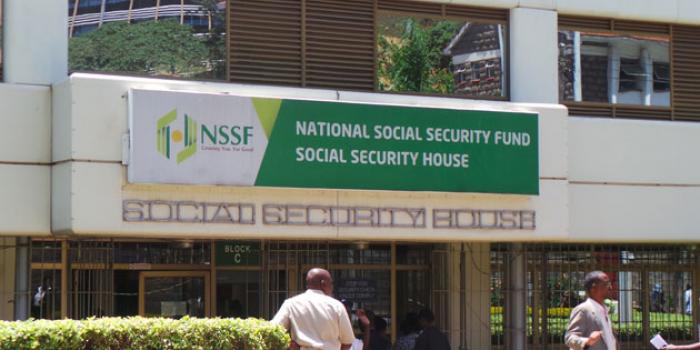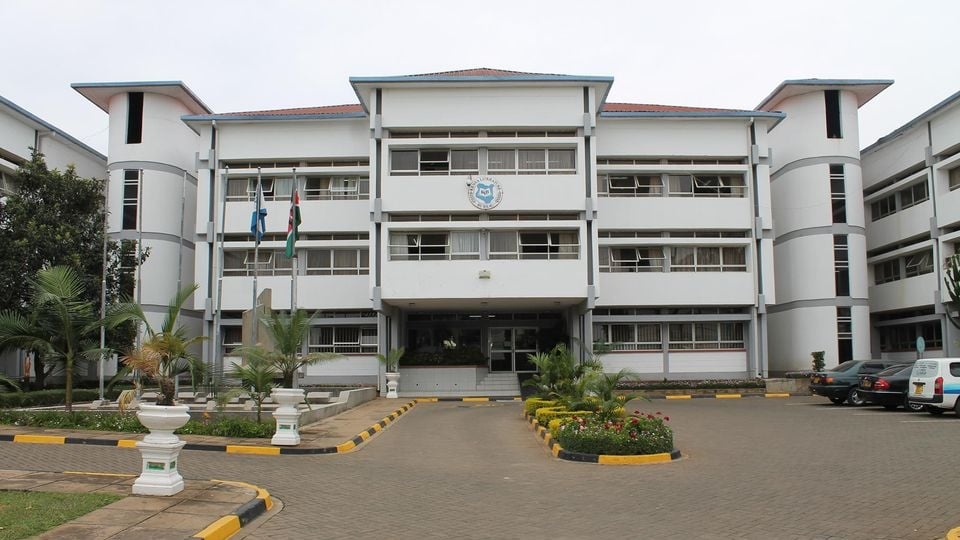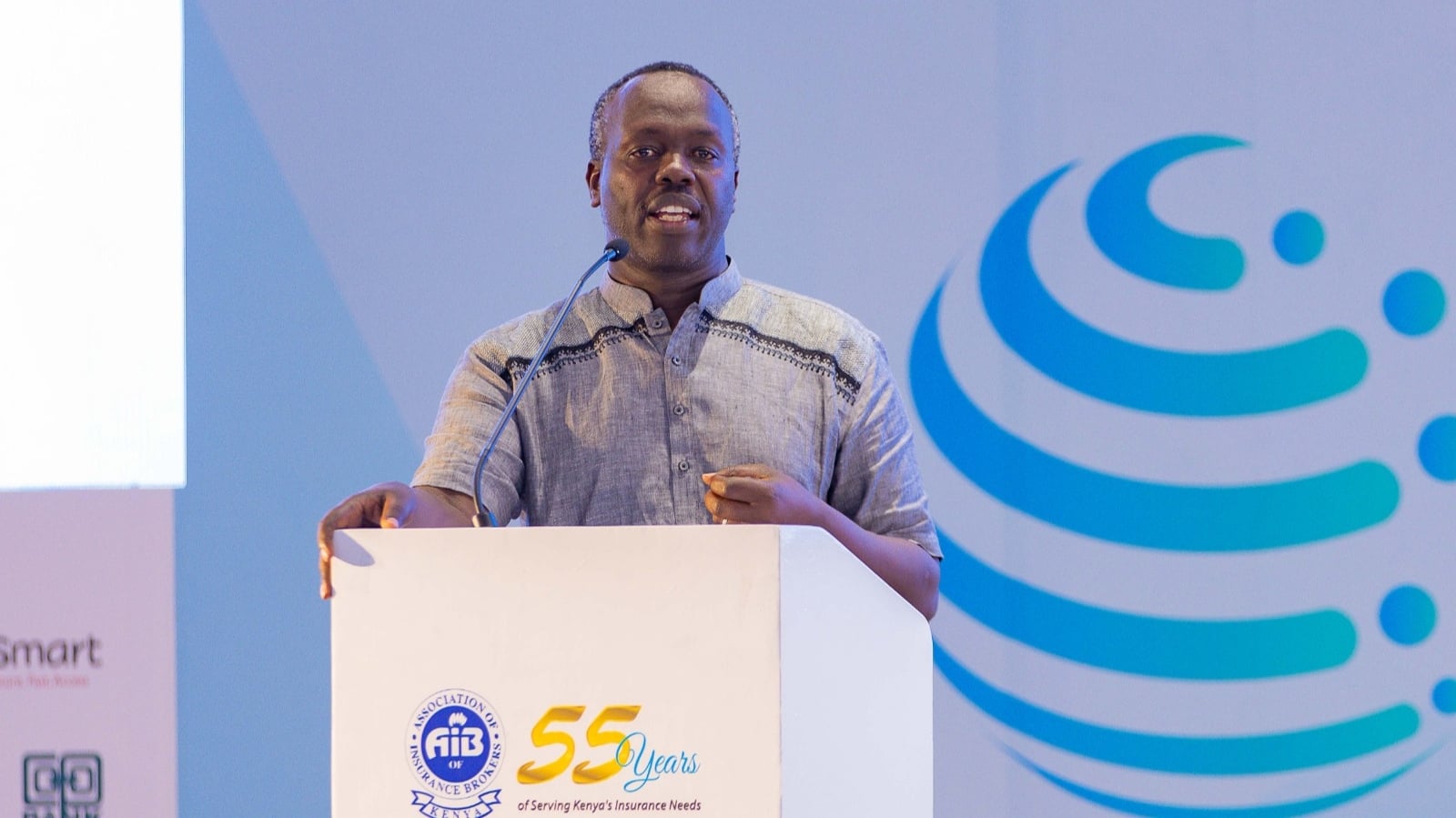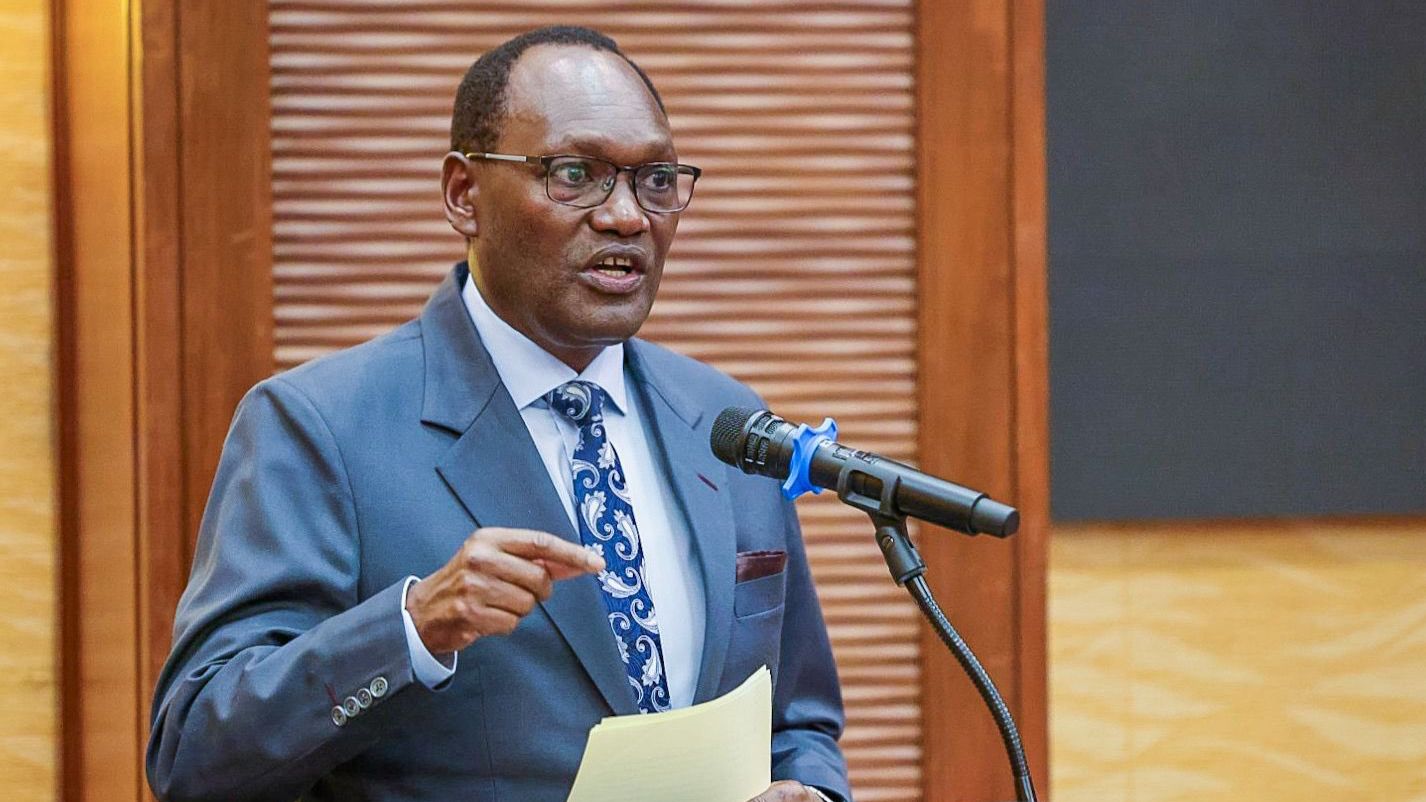Saboti Member of Parliament Caleb Amisi has weighed in on the National Dialogue Committee (NADCO)’s recommendations in its final report.
In a statement via his X handle on Sunday November 26, Amisi said he did not envisage the bipartisan recommendations to satisfy the opposition’s appetite over the high cost of living.
“If these are the proposals coming out of the national dialogue committee sitting for nighty days, on a reduction in the existential high cost of living, then this country is incorrigible for sure.
“As much as we demanded the cost of living to feature highly in the report, we never envisaged a haphazardly organised phrase to satisfy our appetite,” said Amisi.
The ODM MP went on to mention that Kenyans are on their own and should not expect miracles to happen.
Read More
“Kenyans are officially on their own. Wait for miracles at your own peril. We must disturb the stubborn status quo,” he added.
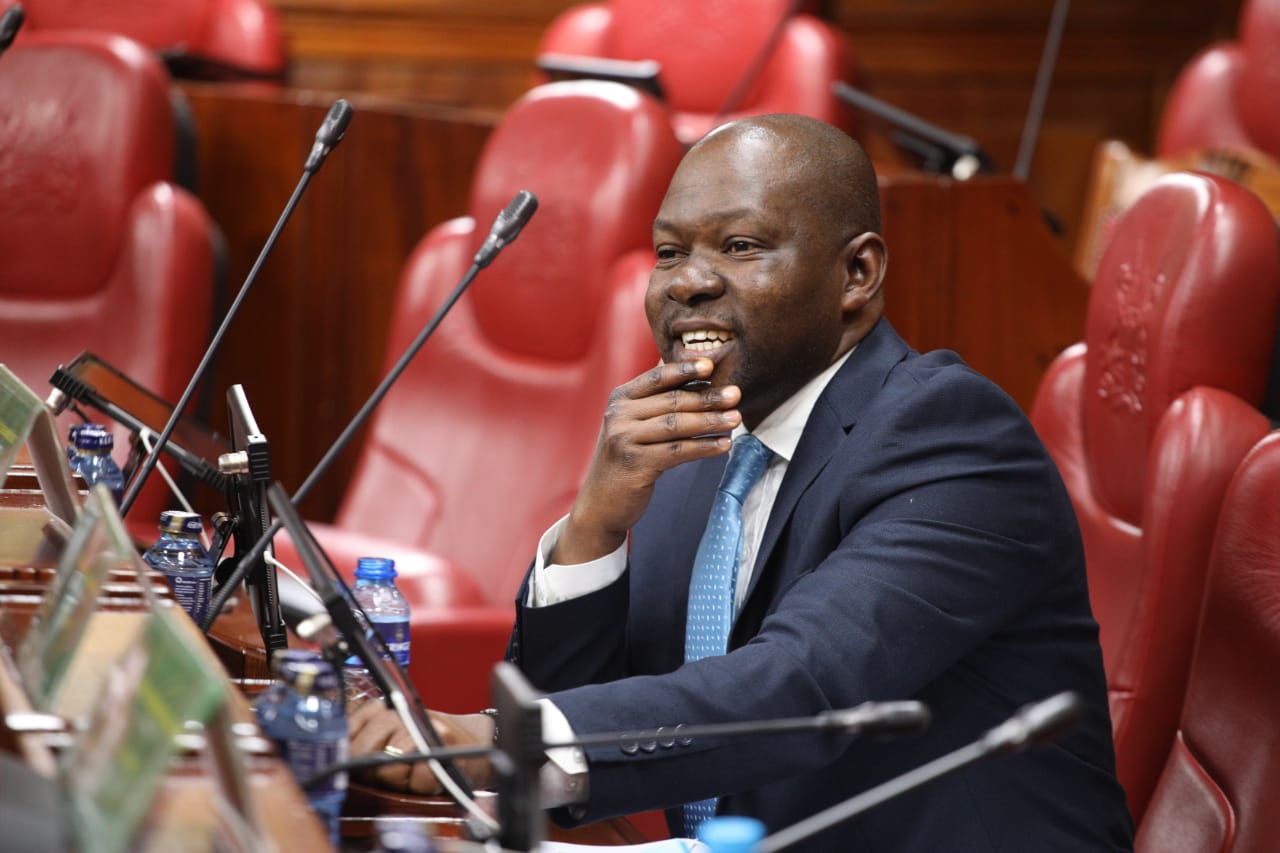
The bipartisan committee unveiled its report on Saturday where it recommended the establishment of the Office of the Leader of the Official Opposition with two deputies and the Office of the Prime Minister.
The committee also recommended the establishment of the Independent Political Parties Regulatory Commission as an independent body that shall be responsible for the registration of political parties and their office holders and the management of political parties' funds.
On the high cost of living, the committee recommended all arms of the government reduce their travel budgets by 50 percent, SRC to review daily subsistence allowances for state and public officers with a view to reducing by 30 percent and the Ministry of Energy in liaison with the National Treasury to reduce the road maintenance levy and the anti-adulteration levy by Sh 5 and Sh 3 per liter respectively.
The committee however failed to agree on reducing VAT on fuel from 16 percent to 8 percent and doing away with the housing levy.
The Kimani Ichungwah and Kalonzo Musyoka-led committee further recommended an audit of the 2022 general election, expansion of the IEBC selection panel from 7 to 9 and increasing the timelines within which the Supreme Court hears and determines validity of a presidential election to 21 days.
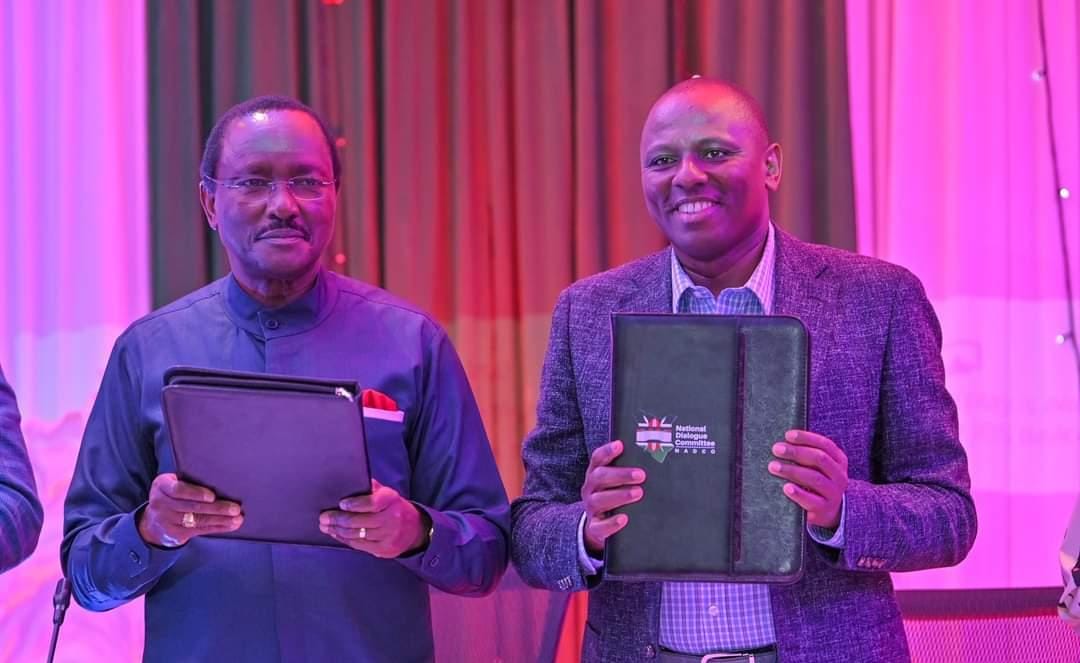
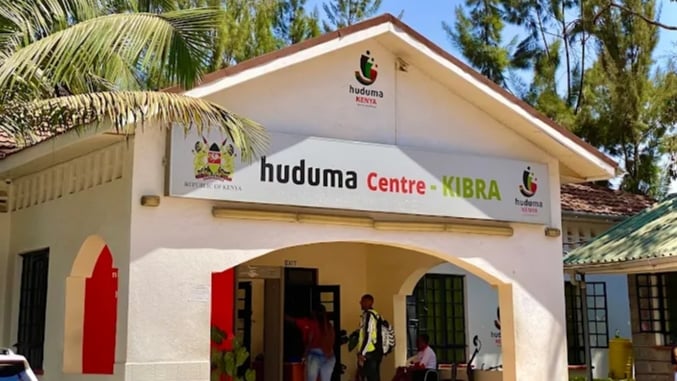
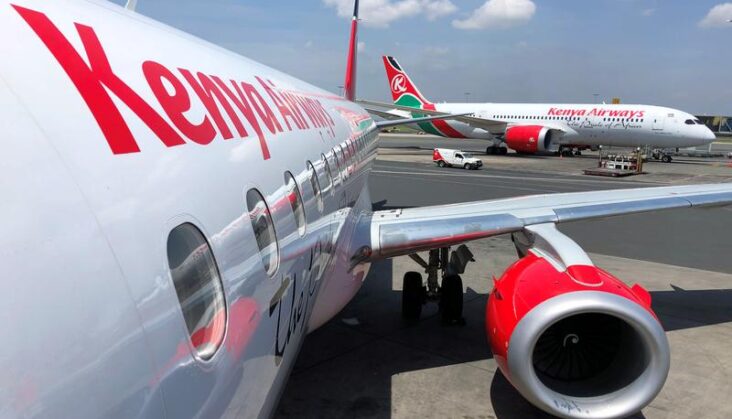
-1771314194.png)
